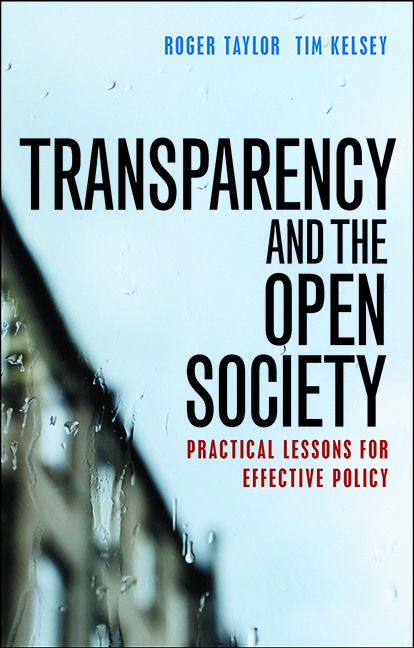17 - Getting my own data
Published online by Cambridge University Press: 05 April 2022
Summary
Founded in 2011 in the US, the Icahn Institute for Genomics and Multiscale Biology at Mount Sinai is planning to fund the collection of information on up to 1 million people. ‘Multiscale biology’ refers to their plan to bring together data at every level – DNA and gene expression, protein and phenotypic information, together with metabolites and clinical tests, plus information about a patient's environment. The idea is to attempt to understand the interrelationship between these different elements in the progression of illness. The Resilience Project aims to use the information to find out why some people with genes that are associated with particular illnesses nonetheless remain healthy.
The Icahn Institute is run by Eric Schadt, a computational mathematician who is pioneering some of the most advanced applications of machine learning in modern medicine. Among the members of Schadt's team is Jonathan Karr who recently published a paper in Cell which described how, for the first time, science has developed a software algorithm which can mimic an entire life form (in this case a simple organism) and learn to make behavioural decisions based on its environmental, digestive and neural encounters. Schadt freely acknowledges that the team can't predict the decisions this software will make and agrees strongly that society needs to work out a framework for the transparency of these algorithms. The institute works on the basis that all the intellectual property it develops will be made freely available for reuse by third party researchers.
Using these software design skills, Schadt and his team are also pioneering the effective clinical interpretation of complex genomic, phenotypic and molecular data from Mount Sinai Hospital to develop personalised treatment protocols. He has focused on a number of cancers where genomics offers the earliest opportunity of improving clinical outcomes. Cancer tumours are made up of different DNA to their host humans – they are literally alien – and they can have multiple DNA personalities, which makes it hard to collect DNA sequences. However, if the DNA can be sequenced and annotated, i.e. turned into clinically comprehensible information, it can inform precise pharmaceutical interventions – determining whether a drug will work and in what quantity. This can often be, particularly for people in the early stages of a disease, the difference between a good or a bad outcome.
Information
- Type
- Chapter
- Information
- Transparency and the Open SocietyPractical Lessons for Effective Policy, pp. 281 - 296Publisher: Bristol University PressPrint publication year: 2016
